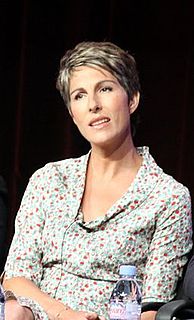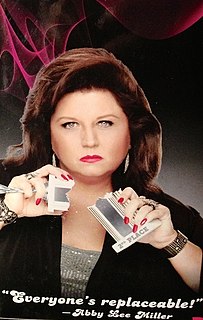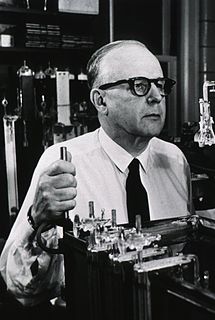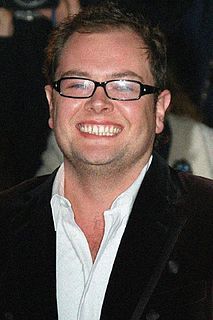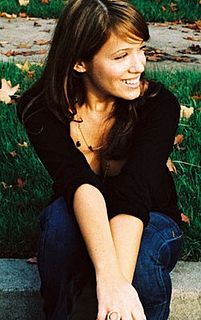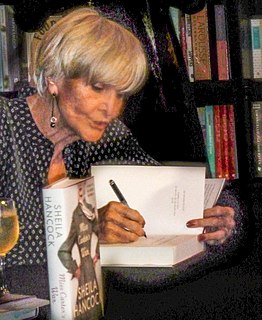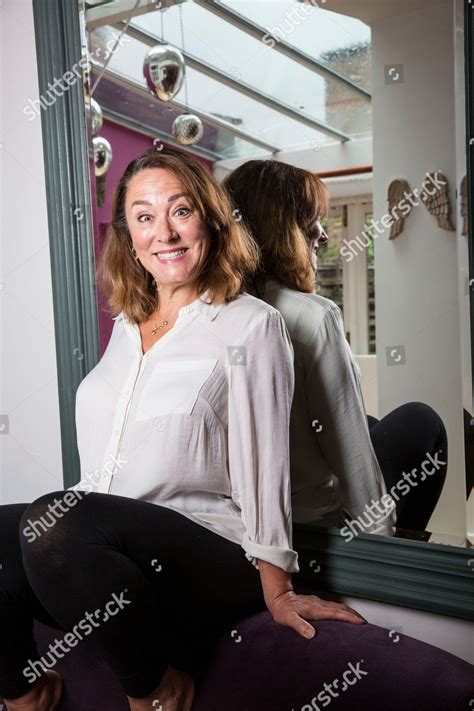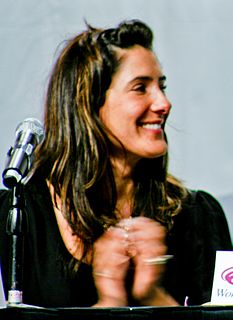A Quote by Tamsin Greig
When I was 17, a neighbour I knew well died of cancer, and I became au pair to her three little girls. In circumstances like that, when you can't really help, I think it's a human response to do something beyond oneself. So I did a sponsored parachute jump for Cancer Research. It was exciting and ridiculous.
Related Quotes
My father died of brain cancer in 1991. I do not know anyone whose life has not been touched by the loss of a loved one to cancer. I wrote my book 'Gracefully Gone' about my father's fight and my struggle growing up with an ill parent. I wrote it to help others know they are not alone in this all-too-often insurmountable war against cancer.
